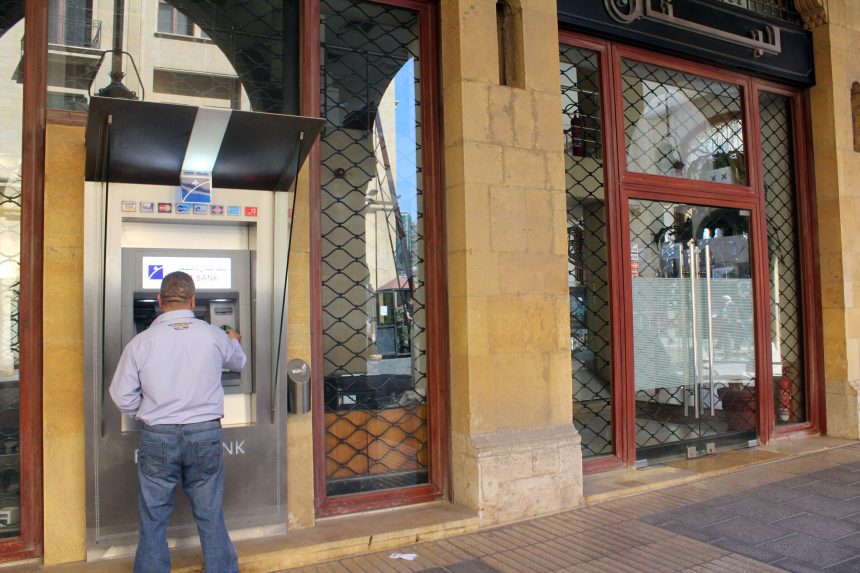On 31 July, the Lebanese Parliament gave final assent to the long‑delayed Bank Restructuring Law that represent one piece of the country’s three fragmented banking crisis responses, the remaining being banking secrecy, and financial gap law. The amended secrecy law now allows investigators to trace fund transfers abroad from 2015 onwards, targeting those who moved money after 2019 when most depositors were still under capital controls. These outflows cover only a sliver of the financial gap; they cannot single‑handedly resolve the banking crisis, and some banks will still need to be restructured or liquidated.
The new Bank Restructuring Law establishes a Higher Banking Commission (HBC) empowered to decide which institutions should be bailed in, recapitalised, merged or wound down. The debate that led up to approval centred on the HBC’s powers – especially whether the central bank governor should wield decisive influence. LIMS warned that whoever controls the HBC will decide the fate of banks and determine which institutions survive or collapse—shaping Lebanon’s financial future for decades. Yet, strikingly, depositors—the very group whose rights the law is supposed to protect—are excluded from representation in this process, risking a technocratic body that picks winners based on politics rather than objective criteria. LIMS warned that this could perpetuate the favoritism and impunity that fueled the crisis instead of restoring justice or trust.
Implementation of the Bank Restructuring Law will hinge on the Financial Gap Law, which sets loss‑sharing between state, central bank and banks. Two options are being weighed: (1) banks absorb losses within equity, with remaining gaps written off by depositors; (2) the public sector covers losses via asset liquidation – including gold reserves – though it is unclear whether gold would compensate depositors or repay the central bank’s debt to banks.
LIMS proposes a third path. First, restore banking operations immediately to provide urgent funding for the economy while restructuring is delayed. Second, use non‑gold state assets to settle bank dues, prioritising the privatisation of mismanaged sectors such as electricity, telecoms, airlines, tobacco, casinos, airports and ports – after opening them to competition to improve services and ease debt burdens on current and future generations. Third, avoid selling gold reserves under Lebanon’s discretionary monetary system; and safeguard gold using a currency‑board regime.
- Lebanon’s Reforms Facing The Dilemma Of “Al-Qard Al-Hassan”: Shutting Down The Association Is One Of The Main Conditions For Restoring International Trust, May 5, 2025: Aawsat, Article AR
- These Are The Loopholes Of Nawaf Salam’s Government And Its Achievements During 3 Months Of Its Rule, May 6, 2025: Annahar, Article AR
- The Necessity Of Starting The Discussion On Raising Deposit Recovery Rates, May 19, 2025: SBI, Article AR
- Threat Looms Over Lebanon… Deposit Crisis Worsens And The ‘Housing’ File Is Mired In Disputes, June 16, 2025: Redtv, TV Interview AR
- Conflict Within The Association Of Banks Threatens The Future Of The Sector, June 27, 2025: Lebanon Debate, Article AR
- Do Monetary Reforms Need A Party? July 14, 2025: Annahar Article AR
- Mardini To Sawt Beirut: The Gap Is Large And There Is No Ability To Return Depositors’ Funds, July 14, 2025: SBI, Article AR
- Law Of Bank Reform And Reorganization On The Path To Approval In The Legislative Session, July 28, 2025: VDL, Audio Interview AR
- Fakrajian: Waiting For Monetary Reform, July 28, 2025: Beirut 24, Video Interview AR

